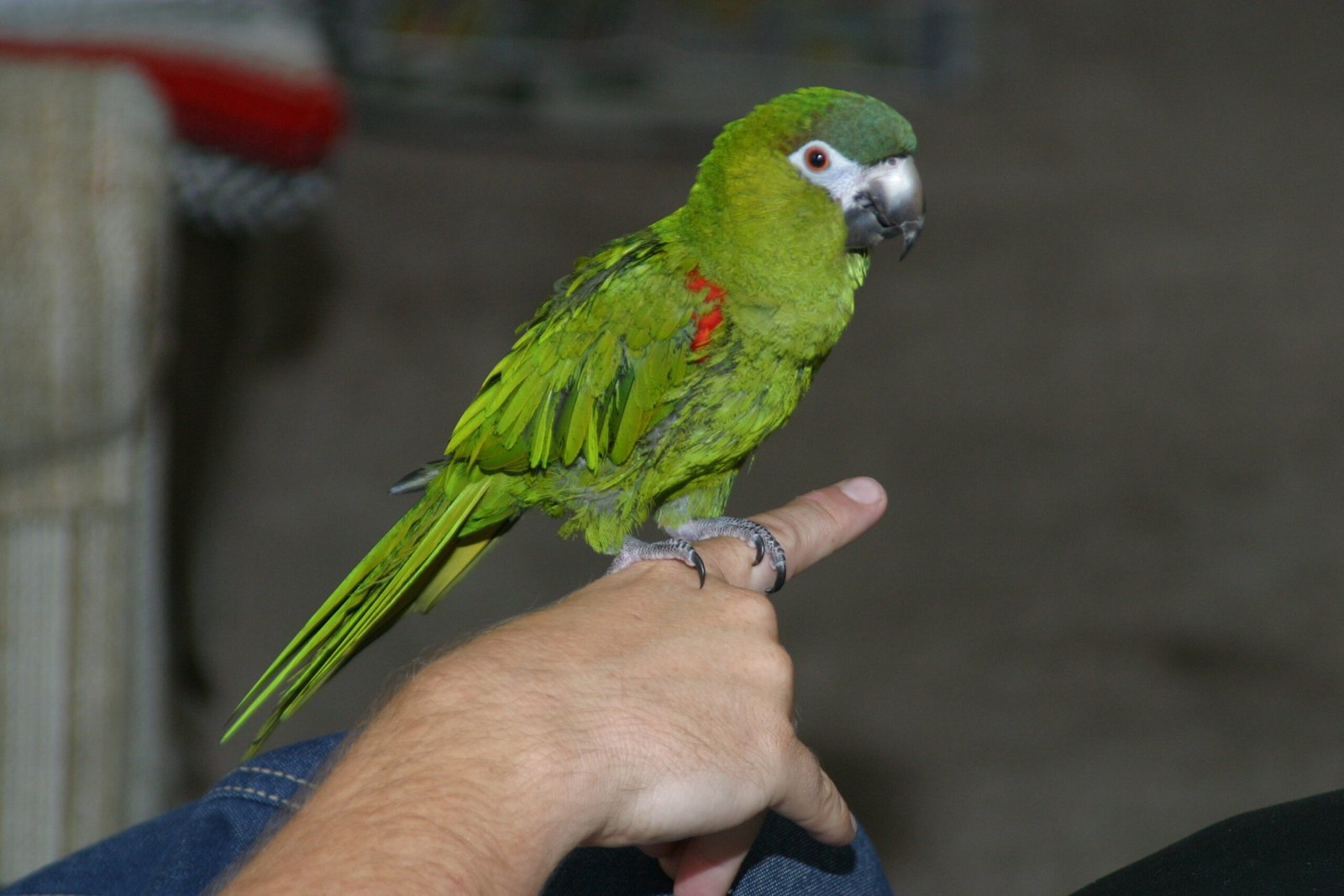Have you ever watched a parrot that seemed listless or even downright miserable, and wondered what went wrong? We all want our feathered friends to be vibrant, chatty, and full of life. But sometimes, even the most loving parrot parents make mistakes that can leave their birds feeling lonely, frustrated, or even heartbroken. Parrots are incredibly sensitive creatures—they’re like little feathered mirrors, reflecting the joy or stress in their environment. Let’s dive into the surprising, often overlooked mistakes that can turn a parrot’s world gray, and learn how to keep their spirits soaring.
Ignoring Emotional Needs
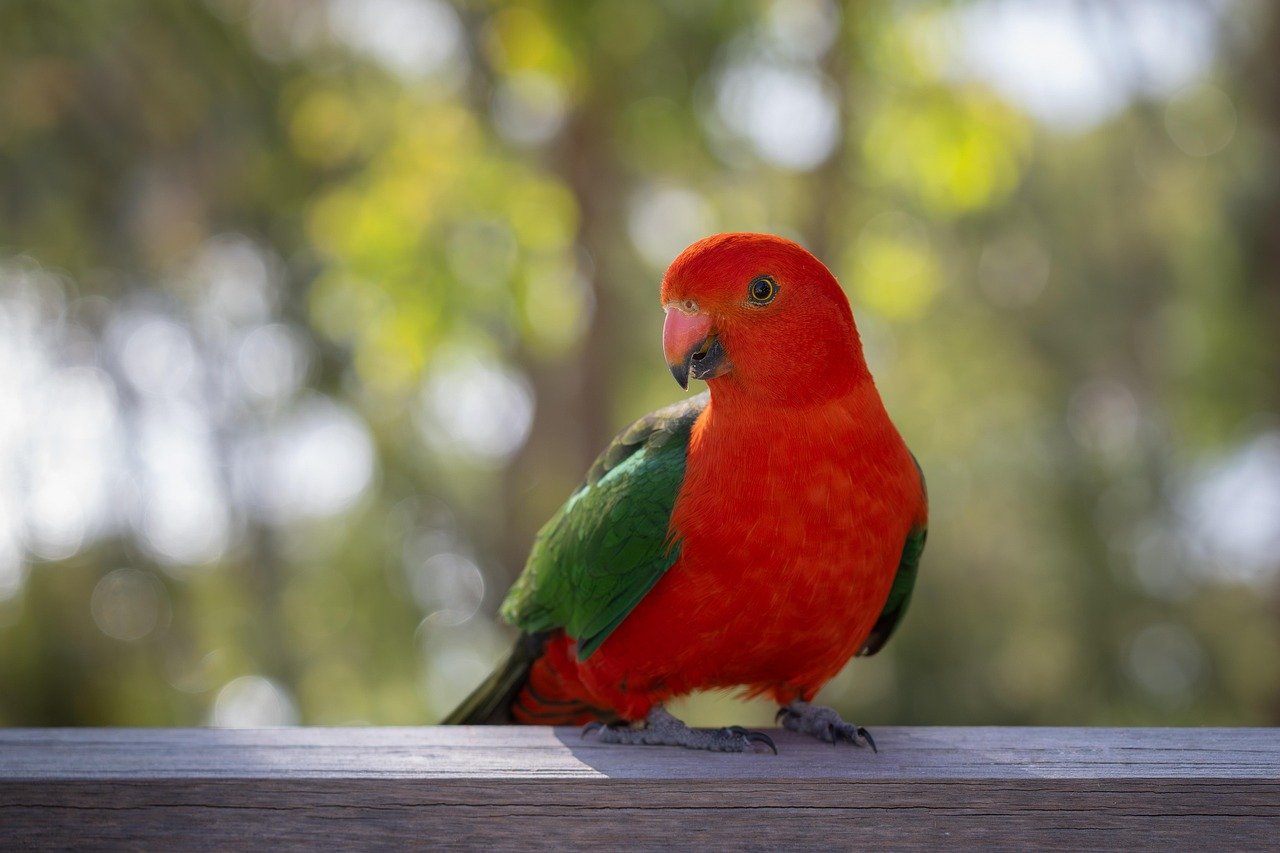
Parrots are not just pets—they’re companions with deep emotional layers. Many people mistakenly treat them like decorative objects, forgetting that these birds have complex feelings. When a parrot’s need for affection and attention is ignored, it can lead to depression or even self-destructive behavior like feather plucking. Imagine being surrounded by people but never truly seen; that’s how an ignored parrot feels.
Their emotional health is just as important as their physical well-being. If you don’t spend quality time interacting, talking, or simply sitting with your bird, it may start to withdraw. Parrots crave connection and can become anxious or aggressive without it. A little bit of daily attention goes a long way—sometimes, just a gentle word or a shared snack can make all the difference.
Lack of Mental Stimulation
Boredom is the enemy of a happy parrot. In the wild, parrots spend their days foraging, exploring, and solving puzzles to survive. When kept in a home without enough mental stimulation, these intelligent birds can quickly become frustrated. This often leads to destructive behavior, such as chewing furniture or excessive screaming.
Toys, foraging opportunities, and regular training sessions are essential. Rotating toys and introducing new challenges can keep your parrot’s mind sharp and its spirit lively. Think of their cage as a playground, not a prison, and you’ll see how quickly their mood brightens when they have something fun to do.
Improper Diet
Feeding a parrot only seeds is like giving a child nothing but candy bars—sure, they might seem happy at first, but it’s a recipe for disaster. Many parrots suffer from malnutrition because their diets lack variety. A poor diet can lead to dull feathers, low energy, and a host of health problems that can seriously affect their happiness.
A balanced parrot diet should include a mix of pellets, fresh fruits, vegetables, grains, and the occasional treat. Some birds even enjoy cooked pasta or rice! By offering a colorful variety of foods, you’re not just keeping your parrot healthy—you’re giving them something to look forward to every day.
Insufficient Socialization
Parrots are naturally social animals. In the wild, they live in flocks, constantly chattering and interacting with each other. When kept in isolation or with limited human contact, a parrot can become lonely and withdrawn. Social deprivation often leads to stress and behavioral issues.
If you’re out of the house a lot, consider ways to keep your parrot company. This could mean another bird (if they get along), or simply leaving a TV or radio on for background noise. Better yet, schedule regular times for play and conversation. Parrots thrive on interaction, and even a short daily routine can make them feel loved and included.
Small or Bare Cages
Would you enjoy living in a cramped apartment with no decorations or furniture? That’s what life is like for parrots kept in tiny, empty cages. A small or bare cage restricts their movement and offers no opportunity for exercise or exploration. Over time, this can lead to obesity, muscle atrophy, and even psychological distress.
Providing a spacious cage filled with perches, swings, and toys is crucial. Parrots love to climb, hang, and investigate new objects. Rearranging their cage occasionally keeps things interesting. Remember, their home should feel like an adventure, not a prison cell.
Neglecting Bathing and Grooming
Clean feathers are happy feathers. Many parrot owners forget that their birds need regular baths or misting to keep their plumage healthy and their skin comfortable. A dirty, itchy parrot is not a happy parrot—it’s as simple as that.
Bathing helps parrots preen, which is a natural behavior that keeps them looking and feeling their best. You can offer a shallow dish of water or gently mist your bird with a spray bottle. Pay attention to their nails and beak, too—a little grooming goes a long way in making your parrot feel pampered and content.
Loud Noises and Sudden Changes
Parrots are prey animals, and they’re wired to be alert to dangers in their environment. Sudden loud noises, frequent changes in their surroundings, or a chaotic household can make them anxious or fearful. This stress can show up as screaming, biting, or even refusal to eat.
Consistency and calmness are key to a happy parrot home. Try to keep their environment predictable and avoid yelling or playing loud music near their cage. If you need to make changes, do it slowly and offer lots of reassurance. Your parrot will feel safer and more relaxed in a peaceful, stable atmosphere.
Lack of Sleep
Just like people, parrots need plenty of sleep to stay healthy and happy. Most parrots require 10 to 12 hours of uninterrupted darkness each night. Without enough rest, they can become cranky, stressed, or prone to illness.
Covering the cage at night and keeping the room quiet can help your parrot settle down. Avoid keeping them in high-traffic areas or near screens that emit light. A well-rested parrot is far more likely to be cheerful and active during the day.
Forgetting Veterinary Care
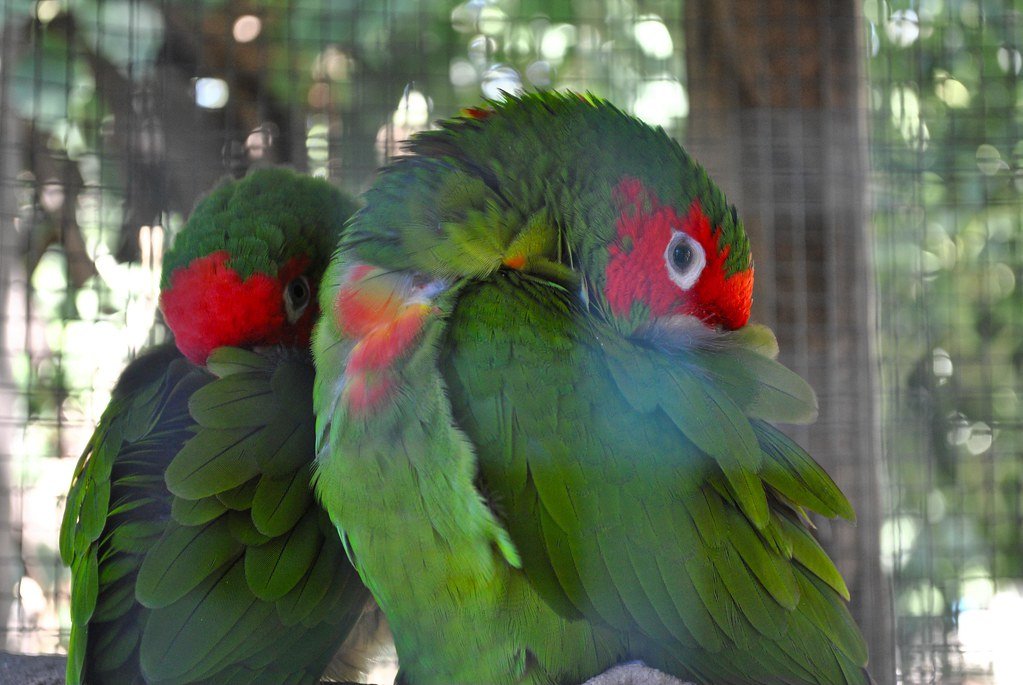
Parrots are masters at hiding illness. Many owners don’t realize their bird is sick until it’s too late. Regular check-ups with an avian vet can catch problems early and keep your parrot in top shape. Neglecting this important aspect of care can lead to chronic health issues and a shortened lifespan.
It’s not just about shots and medication—vets can offer advice on diet, behavior, and enrichment. Think of your bird’s vet as a partner in keeping your feathered friend happy and healthy. Don’t wait for a crisis; preventive care is always the best approach.
Overuse of Discipline or Punishment
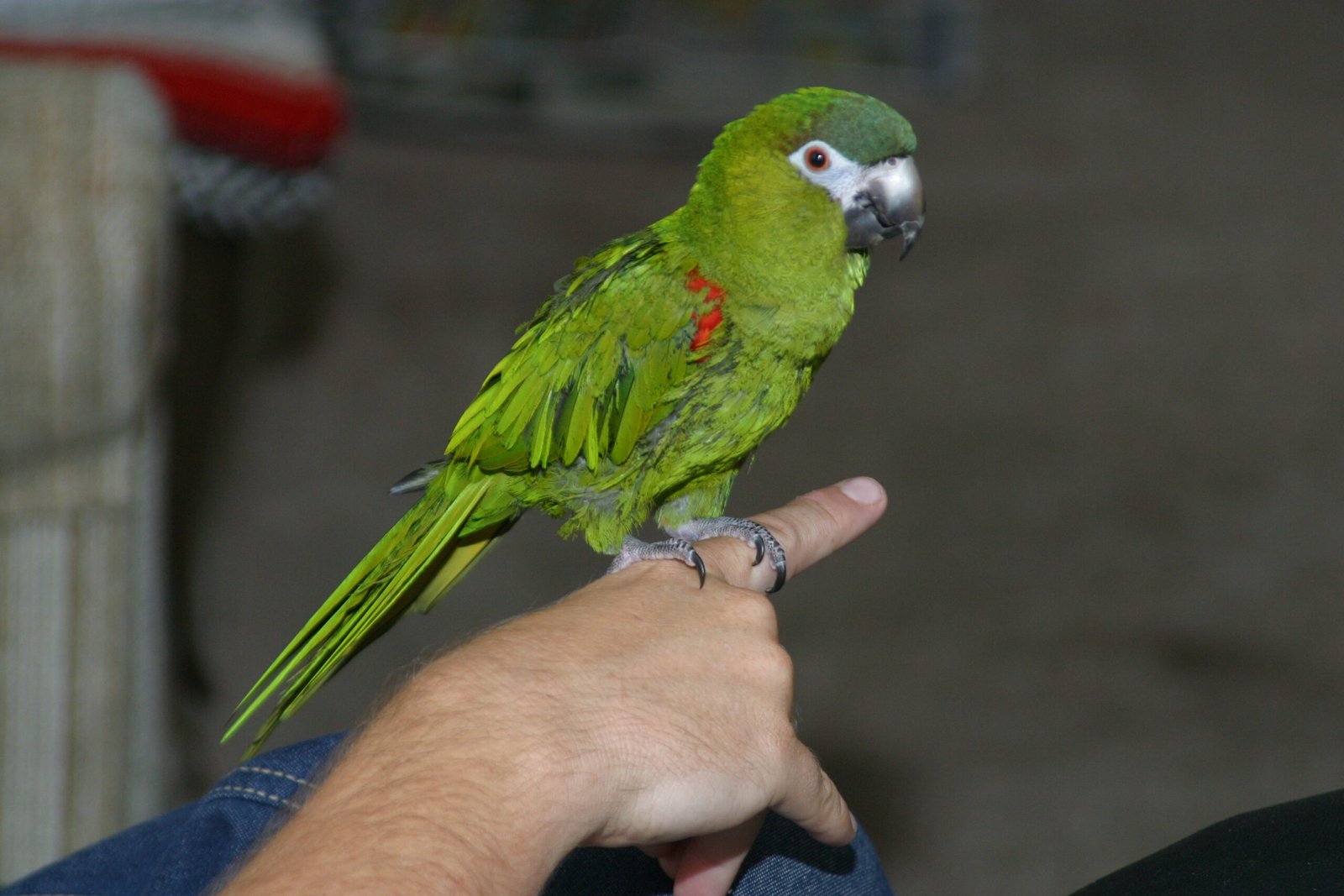
Parrots don’t respond well to harsh discipline or punishment. Yelling, hitting, or squirting water can break their trust and make them fearful. Instead of changing unwanted behavior, it often leads to more problems and damages your relationship.
Positive reinforcement is the way to go. Reward good behavior with treats, praise, or extra playtime. If your parrot makes a mistake, redirect their attention calmly. Building trust and mutual respect will lead to a happier, more confident companion.
Failing to Respect Boundaries
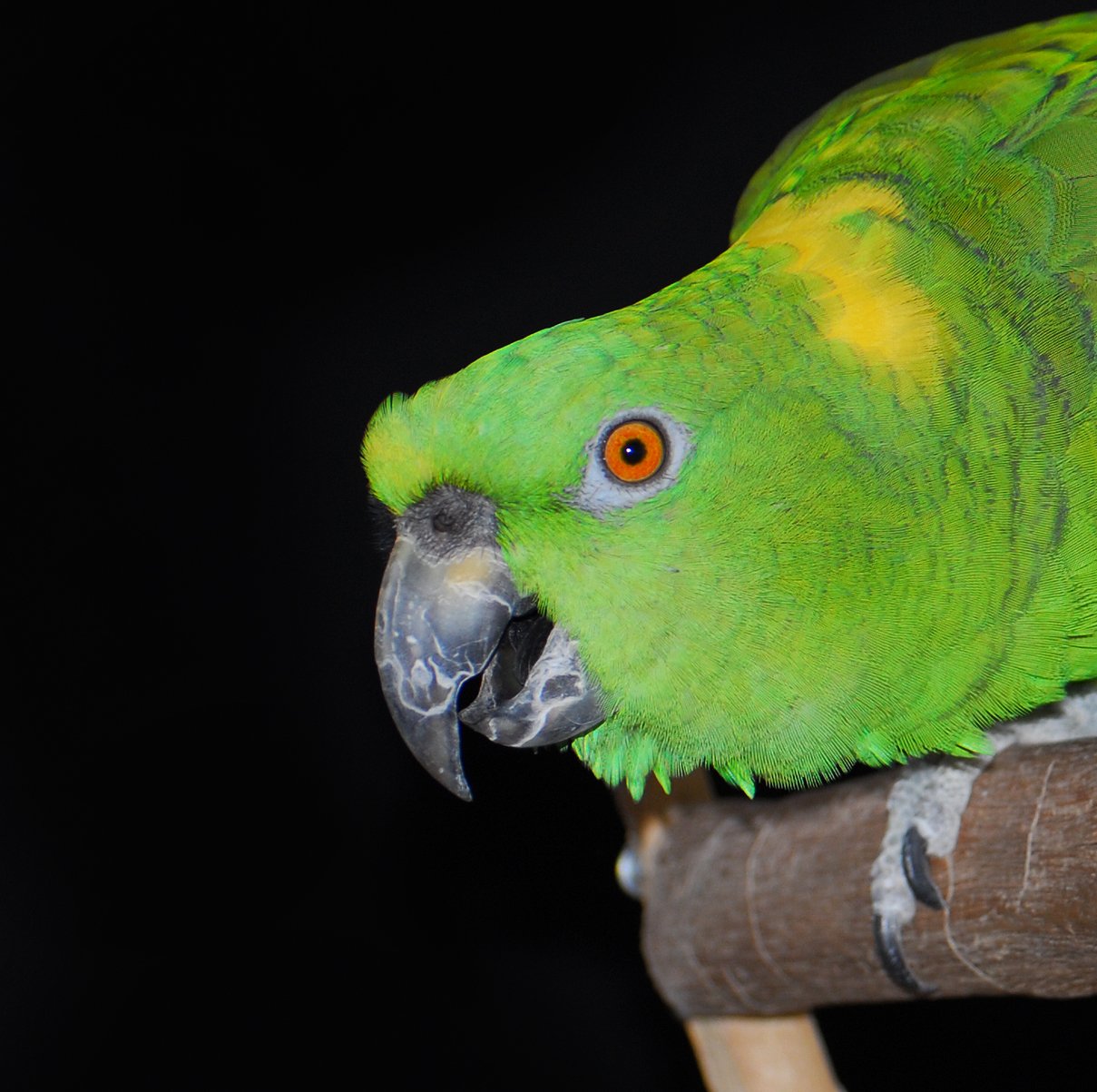
Every parrot has its own personality and comfort level. Some birds love cuddles, while others prefer a bit of personal space. Forcing interactions or ignoring signs of discomfort can make your parrot feel trapped and stressed.
Pay close attention to your bird’s body language. Fluffed feathers, hissing, or biting are clear signs they need a break. Respecting your parrot’s boundaries builds trust and helps them feel safe. Over time, a bird that feels secure will become more affectionate and relaxed.
Unreliable Routine
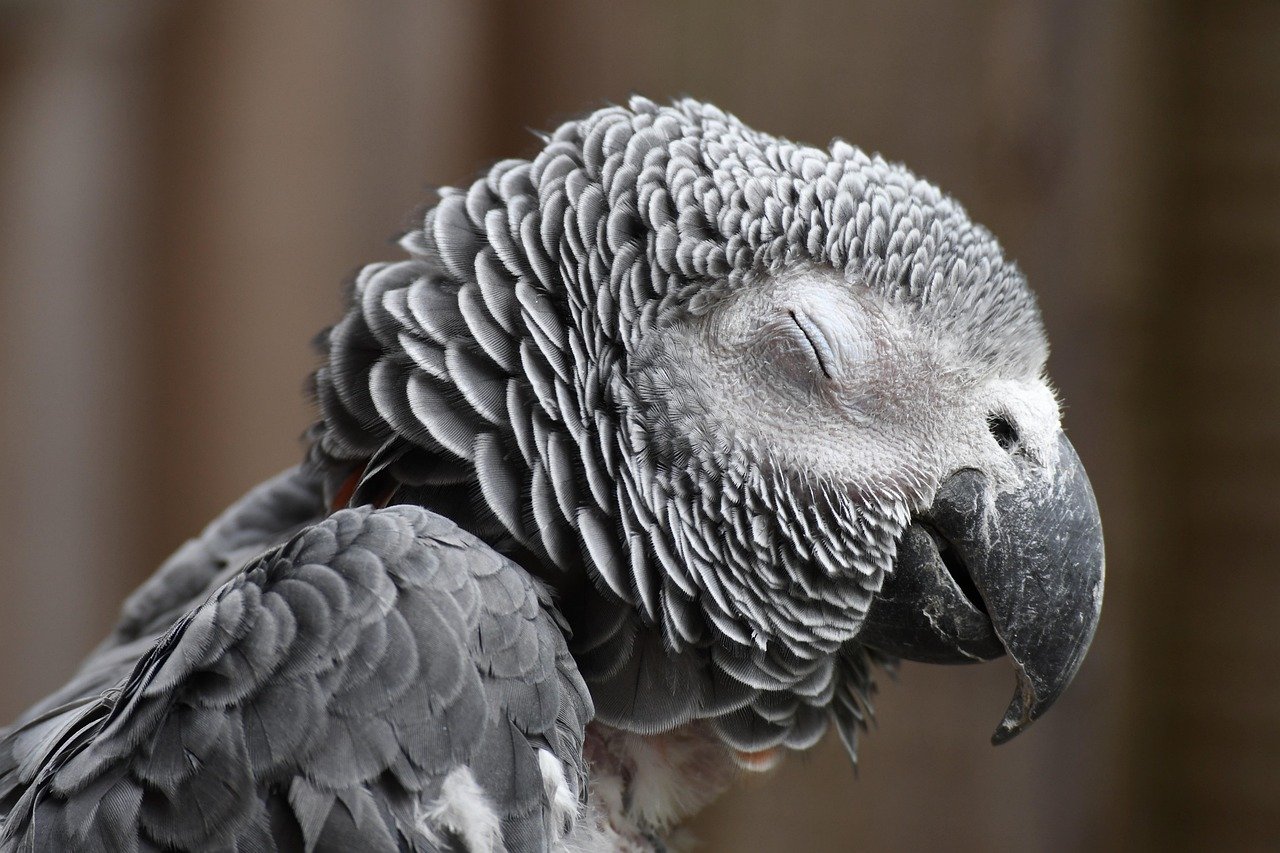
Parrots thrive on routine. Knowing when to expect meals, playtime, and sleep helps them feel secure. When their schedule constantly changes, it can create anxiety and confusion. Imagine waking up every day not knowing when you’ll eat or see your friends—it’s unsettling, right?
Creating a consistent daily routine gives your parrot a sense of stability. Try to stick to regular feeding times and set aside moments each day for interaction. Even small rituals—like a morning greeting or bedtime song—can make your parrot feel loved and grounded.
Parrots are intelligent, social, and emotionally complex creatures—and their happiness depends heavily on how they’re cared for. The 12 common mistakes outlined here serve as important reminders that even well-meaning owners can unintentionally impact their bird’s well-being. From lack of mental stimulation to improper diets or isolation, each oversight can add up over time. The good news? With awareness and small adjustments, you can drastically improve your parrot’s quality of life. A happy parrot is one that feels safe, enriched, and understood—and when you meet their needs with care and commitment, they’ll reward you with trust, vibrant energy, and a bond that lasts a lifetime.

Born and bred in South Africa, a Capetonian at heart. Amy-Leigh’s love for nature and animals was inherited from her Dad. He loves taking the family on road trips to experience nature at its finest; Amy-Leigh’s favourite being whale watching in Hermanus and spotting Kudu along the West Coast. Amy-Leigh holds a BA in English Literature and Communication Studies.

